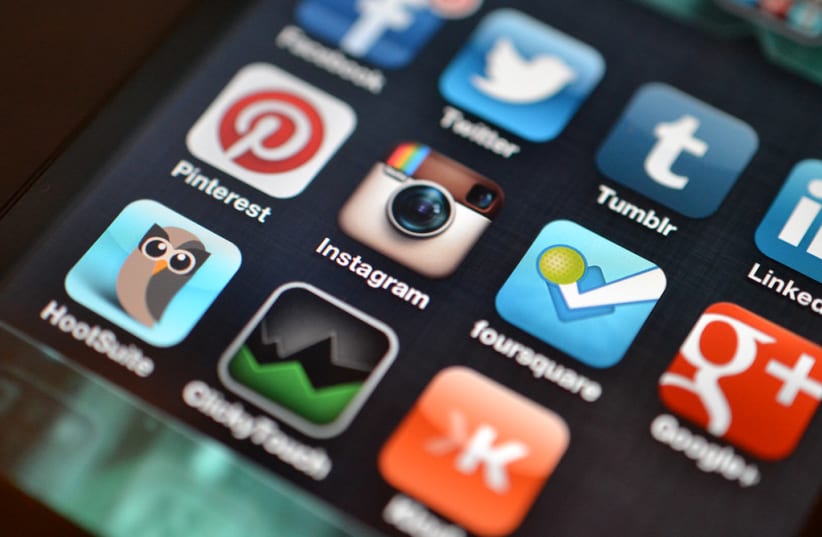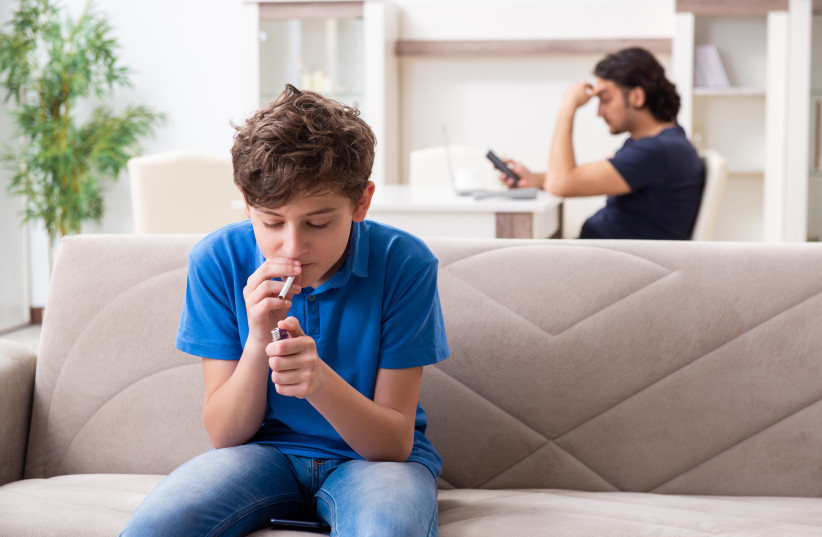Parents who don’t want their children to be hooked by tobacco should strictly supervise their involvement in the social media, according to researchers at the Boston University of Public Health.
Just published in the journal Addictive Behaviors, their study found that frequent use of TikTok, Facebook, Instagram, and other social media was linked to an increased risk of youth using any tobacco product - including vaping.
Youth with no prior tobacco use who used social media daily were 67% more likely to begin smoking after one year, compared to youth who used these platforms less frequently. The results also showed that youth who actively engaged with tobacco marketing by liking or following content by major tobacco brands developed an even greater risk of first-time tobacco use.
Among the 8,672 youth with no prior tobacco use (49.3% female, mean 14.1, 63.5% used social media at least daily, and 3.3% reported liking/following at least one tobacco brand on social media. Those reporting daily or more frequent social media use were at increased risk for tobacco.
Community health sciences Prof. Lynsie Ranker led the study, which was entitled “Social media use, brand engagement, and tobacco product initiation among youth: Evidence from a prospective cohort study.”
“The tobacco industry has long appealed to youth through targeted marketing that glamorizes smoking with imagery of candy-flavored products, celebrity endorsements, social settings, and other enticing tactics,” the team wrote. “That marketing approach appears to be particularly effective on social media. As almost all young people are active on social media and engage with such numerous times throughout the day, these findings raise concern about youth exposure to promotional content of harmful products.”
Social media's role in teen tobacco use
While national cigarette smoking rates have declined substantially among American teens since the mid-1990s, an estimated 10 percent of middle and high school pupils – 2.8 million individuals – currently use at least one tobacco product, and many also engage in dual use, particularly with e-cigarettes, they wrote. “These findings underscore tobacco use as a persistent public health issue and underscore the need for more research on how tobacco advertising on social media may contribute to this problem.”
Their results add to a growing body of literature documenting the harms of social media use for this age group, as well as how commercial interests such as the tobacco industry are targeting kids on these platforms, Ranker said.
The team examined possible associations between social media engagement and tobacco initiation risk utilizing data from the US Population Assessment for Tobacco and Health study, a nationally representative study of US youth ages 12 years and older.
“It is not surprising that tobacco manufacturers target youth through social media,” said media science Prof. Traci Hong, at Boston University College of Communication, who was a coauthor of the study. “While state and national efforts to curb social media use among youth continue to evolve, we should also focus on regulating the promotion of tobacco products on social media, as well as educating our youth about the risks of tobacco use.”
While the US Food and Drug Administration expanded its regulatory authority over the marketing of new and emerging tobacco products eight years ago, restrictions on tobacco advertising on social media is largely at the discretion of the social media companies, rather than government officials.
The researchers also note that these restrictions primarily apply to paid promotional content with the platforms, leaving loopholes for tobacco companies to target youth through branded accounts and collaborations with influencers.
“Based on our research, social media platforms lack self-regulation,” says study coauthor Prof. Jessica Fetterman, at Boston University’s School of Medicine. “They have their own policies against tobacco marketing, yet many leading tobacco companies are able to maintain their own branded accounts to market their products.
The government must step forward to regulate tobacco marketing on social media, just as they have done for other forms of media such as TV and print ads.”

